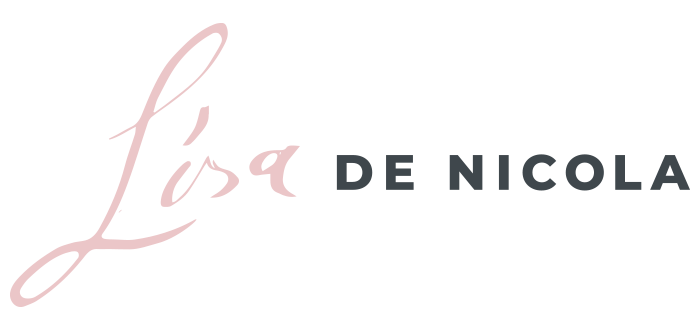As the leader of your organization, ‘tough decisions’ are a part of your role, regardless of how well or how bad your business may be doing.
When things are good, decision-making can span from – where to invest next, how to best manage resources, how many people to hire and so on. When it’s not so great, it could be – where in the business are we falling short, do we need to re-evaluate our workforce and consider layoffs, we’ve lost a major customer – why.
In the midst of ALL of these decisions, your people are always at the center of your business. Ultimately, if they’re not taken care of, especially in the hardest of times, it eventually trickles down and impacts your customers.
So, how do you make those ‘tough decisions’ and still lead with heart?
When I switched degrees back when I was in University, I chose Human Resources for the sole reason that people were at the center of it. I knew I cared about cultivating strong relationships and wanted to identify a career that centred around prioritizing people.
The rest really didn’t matter as I would learn what area I would thrive in and I enjoyed, yet every area really served a purpose.
I’ve carried a genuine love for this field for that alone and realize it’s evolved over the years as the lines have become blurred between standing true to prioritizing people in the role of HR and running a profitable business.
As a leader, whether you’re making the calls directly or have an HR leader supporting you in making the ‘tough calls,’ keeping your people front and center is what people-focused leaders do. Particularly, if they’re making a decision that impacts an employee directly or a whole department for that matter.
In your decision making, this means using sensitivity, empathy and humility and remembering that everyone working for you and with you are human beings at the end of the day.
There’s a few things that get in the way of being able to do this effectively:
- Money and power
- Mis-used ego
- Lack of emotional intelligence
- Lack of awareness
Running a profitable business and having to make tough decisions that impact the future of your business, let alone your people are not easy. More importantly, being able to shift your perspective and change your behavior to a new way of leading can take time and practice.
If you’re not sure where to start or how to make these changes, consider getting the proper guidance and training from a consultant or other trained resource that can support you.
Using the emotions we often leave out of the workplace can make a world of a difference to your people and what set’s outstanding leaders apart from mediocre ones.
This is how you start to lead with heart.
What’s one thing you can start doing differently that empowers you to use more compassion and empathy when leading your employees?
We have opportunities EVERYDAY that can make an impact.
How will you make an impact today?
Lisa





